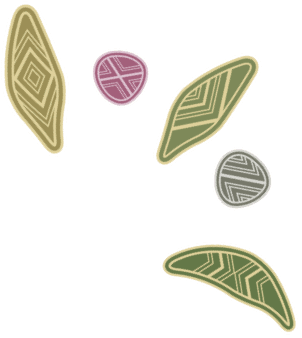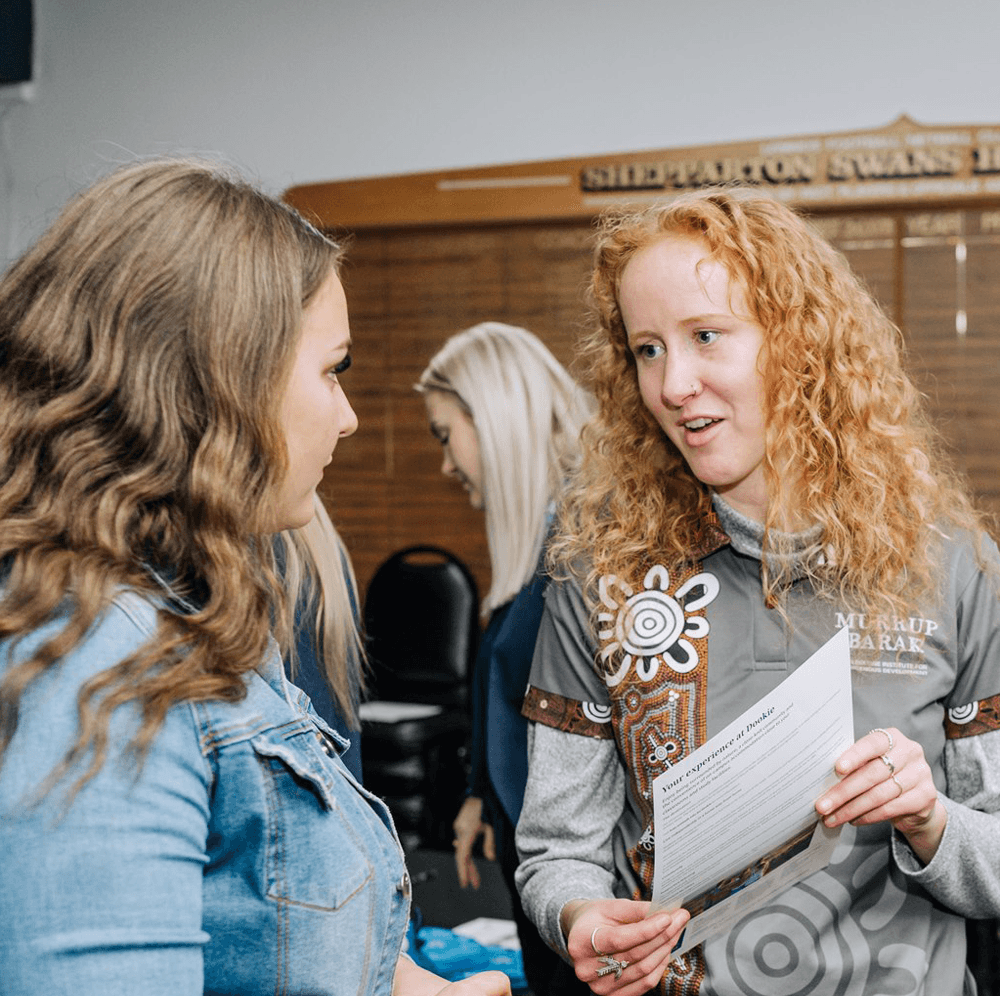Anouk Petit dit de la Roche
Digital Transformation Manager
Anouk joined Ganbina in 2024 as Digital Transformation Manager, bringing over 10 years of experience in digital technology and consulting. Previously, she worked at BlueRock Digital, where she led a team of consultants to develop digital strategies, managed projects, and provided strategic technological leadership as virtual CTO for a diverse range of clients.




